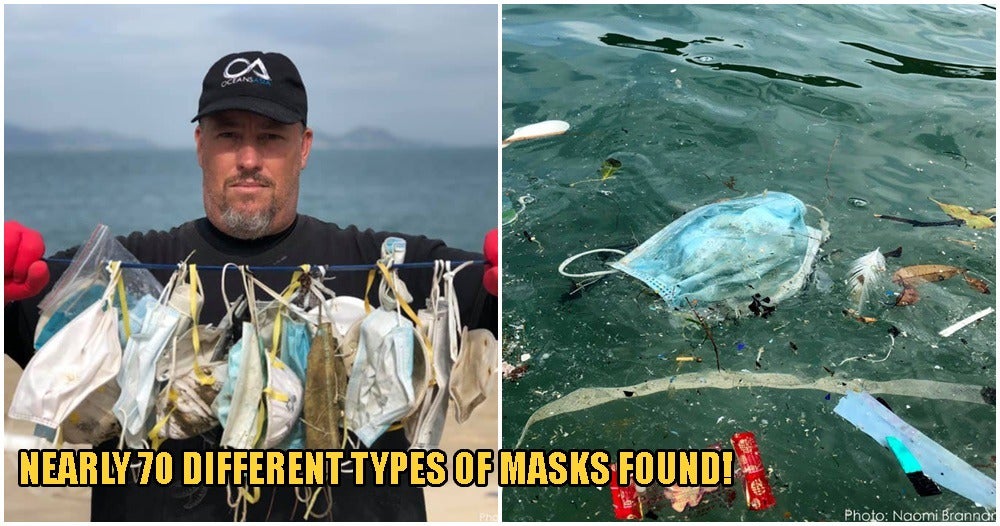If glaciers falling off and polar bears eating their own young aren’t enough to convince you that the Earth is dying, here’s something that might:
Half of the world’s beaches are expected to disappear by the end of this century.
Yes, it’s not a joke. A new study in the scientific Journal, Nature Climate Change has revealed that rapid climate change and rising sea levels will cause half of the world’s beaches to disappear by 2100.
“In addition to tourism, beaches are often the first line of defense against coastal storms and floods. Without beaches, the impact of extreme weather events may be greater.”
While countries such as the US have enough resources to set up a wide range of protection systems, such large-scale engineering projects are unfeasible and unaffordable for majority of the other nations that will be heavily affected by such drastic climate change.
The study found that Australia will be the most affected by the change with nearly 15,000 km of white-sand beaches expected to disappear in the next 80 years! Canada, Chile and the United States are also anticipated to receive the most severe impact from the rising sea levels.
Meanwhile, the countries expected to lose the most beaches in the world include: Mexico, China, Russia, Argentina, India and Brazil. Sandy beaches account for more than a third of global coastlines, and are usually located in highly populated areas.
However, over-development, rising sea levels and storms caused by hurricanes and typhoons have eroded these shorelines and threatened the livelihood of wildlife, as well as the Earth’s infrastructure.
“A quarter to half of Britain’s beaches will recede by more than 100 meters in the next century, depending on how quickly polar ice caps are melting.” But if you think the consequences of damaging our environment will only be seen in the next 80 years, you’re very wrong.
“The decline in ice volume for both Antarctica and Greenland even now show the worst climate warming scenarios.”
If we don’t start making changes now, there might be no Earth left to save.
Also read: Your Masks Are Polluting The Ocean! Marine Researchers Find 70 Masks Along 100m Beach Stretch











































